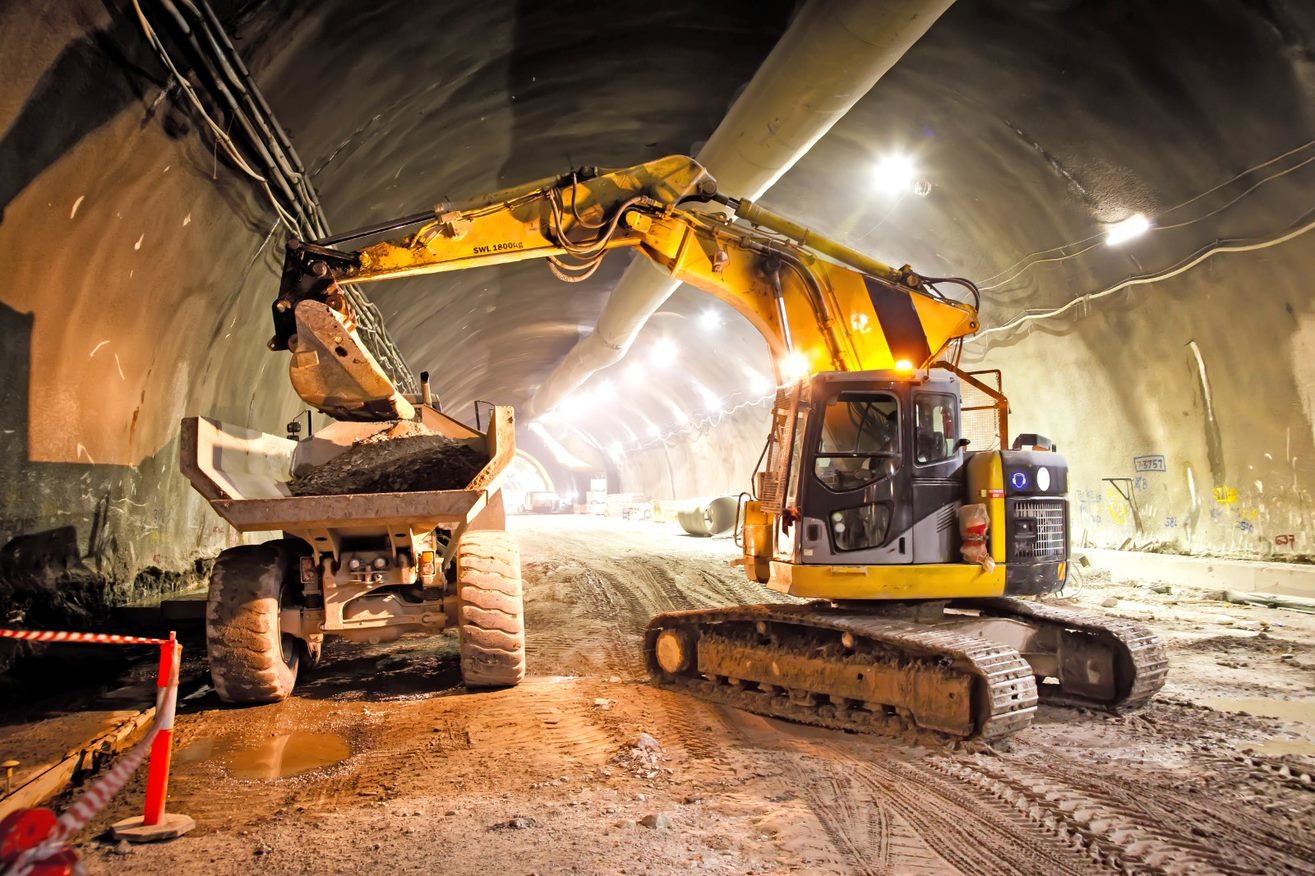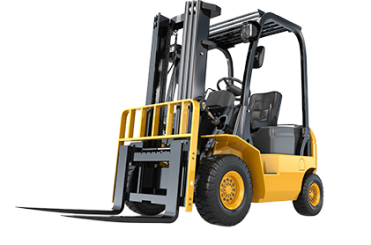The Basics Overview to Leasing Excavators for Construction Projects
Renting excavators for construction projects is a crucial decision that demands a comprehensive understanding of various factors to make certain both performance and cost-effectiveness. From choosing the proper excavator type and size to working out rental terms and guaranteeing safety methods, each step plays a critical duty in the total success of your job. Understanding these components not just optimizes productivity yet likewise helps in decreasing costs. As you take into consideration the intricacies of renting excavators, it's necessary to grasp the subtleties that can considerably impact your job. What are these nuances, and how can they affect your construction outcomes?
Types of Excavators
Excavators are available in numerous types, each created to perform certain jobs in building tasks. The most typical type is the standard excavator, likewise referred to as a crawler excavator, which is common on many task sites for its adaptability in trenching, material, and excavating handling. These equipments run on tracks, supplying stability and flexibility over uneven terrain.
Another important variant is the mini excavator, prized for its portable size and agility. Suitable for little to medium-sized jobs, mini excavators succeed in confined spaces where larger devices would have a hard time. They are often utilized for landscape design, energy work, and small-scale demolition.
For projects requiring extended reach, the long-reach excavator is crucial. Outfitted with a longer boom and arm, these machines can operate in areas that are challenging to access, such as across water bodies or deep excavations.
Lastly, there are specialized excavators like the suction excavator, which uses high-powered fans to vacuum up dirt and particles, making it suitable for delicate underground energies. The dragline excavator, one more specialized type, is usually made use of in large civil design projects like canal dredging and mining because of its capacity to raise heavy lots over cross countries.
Selecting the Right Size
Choosing the appropriate dimension of an excavator is vital for the performance and success of any construction job. The dimension impacts not only the maker's capability to take care of particular jobs yet also the functional expenses and website access. Excavators can be found in different sizes, from portable devices appropriate for small-scale residential tasks to big machines created for comprehensive commercial or commercial undertakings.
When deciding on the excavator dimension,Understanding the range of the project is crucial. For restricted jobs or spaces calling for precision, such as trenching for utility lines, a portable or small excavator is excellent. These devices give agility and convenience of maneuverability without compromising on power. Alternatively, large-scale earthmoving operations, like road building and construction or large structure digs, require using large or conventional excavators. These designs use enhanced reach, better pail capacity, and exceptional excavating force.
Consider the website's terrain and accessibility factors too. Bigger excavators may deal with obstacles in tight or uneven areas, making smaller models extra useful. By completely examining these aspects, building and construction supervisors can guarantee they select an excavator size that optimizes efficiency and minimizes project delays.
Rental Contract Basics

Equally crucial is the in-depth break down of costs. This includes the day-to-day, regular, or regular monthly rental rates, and any additional charges such as gas, shipment, or cleansing fees. It's recommended to ask about prospective penalties for late returns or problems to prevent unexpected expenditures.
The condition of the excavator at the time of rental need to likewise be well-documented. Ensure the contract includes a comprehensive examination report that keeps in mind any type of pre-existing damages. This secures you from liability for problems that were present before your rental duration started.
Insurance insurance coverage is one more crucial element. Verify whether the rental company gives insurance coverage or if you require to secure your very own plan. Recognize the terms for equipment maintenance and repair services. Knowing your obligations for maintenance during the rental period will aid maintain the excavator in ideal functioning problem, reducing downtime and boosting project efficiency.
Upkeep and Safety Tips
When taking care of excavators on a construction website, sticking to appropriate maintenance and safety and security methods is vital for making sure both operational performance and employee security. Lubing moving components and making sure fluid levels are optimum can stop costly downtime and expand the equipment's operational lifespan.
Precaution are equally vital. Operators ought to be thoroughly educated and certified to manage excavators, comprehending the machine's restrictions and controls. It's vital to perform daily examinations, focusing on safety and security features such as alarm systems, seatbelts, and emergency situation shutoff switches. In addition, maintaining a tidy and organized worksite decreases the threat of mishaps. Clear interaction protocols, including hand signals and radio interaction, ought to be developed to collaborate operations and movements effectively.
Applying a durable maintenance schedule and promoting a culture of security can minimize threats considerably. Constantly consult the producer's handbook for particular maintenance periods and security standards. By focusing on these elements, building jobs can continue efficiently, minimizing interruptions and ensuring a safe working environment for all personnel involved.
Cost-Saving Strategies
When leasing excavators for more building projects,Effective cost-saving strategies are critical for making the most of the return on investment. One vital method is to carry out a complete requirements assessment prior to leasing. Understanding the particular requirements of your task assists in selecting the right kind and size of excavator, preventing unneeded expenditures on excessively specific or large equipment.
An additional crucial strategy is to work out rental terms. Several rental business use adaptable prices frameworks, especially for lasting rentals. Establishing an excellent relationship with the rental supplier can also lead to commitment price cuts and better terms. Additionally, reserving in advance can in some cases safeguard reduced prices compared to last-minute leasings.

Lastly, consider the total cost of ownership, consisting of wikipedia reference insurance policy, gas, and transportation. Bundling these services with the rental arrangement can often result in a more favorable overall plan. By applying these methods, building jobs can achieve substantial expense efficiencies while making sure operational effectiveness.
Verdict
To conclude, the tactical selection and service of excavators for building tasks require a complete understanding of excavator types, ideal sizing, and the ins and outs of rental agreements. Stressing routine upkeep and security protocols is important to guaranteeing functional efficiency and decreasing dangers. Applying cost-saving techniques with precise preparation and negotiation can additionally enhance job productivity while managing expenditures. Abiding by these standards will certainly contribute dramatically to the effective execution of building undertakings.
From picking the suitable excavator kind and size to bargaining rental terms and ensuring safety procedures, each action plays an essential role in the total success of your task. construction equipment rentals Bremen GA. The most usual kind is the basic excavator, additionally recognized as a crawler excavator, which is ubiquitous on most job websites for its versatility in product, excavating, and trenching handling. By extensively evaluating these elements, building supervisors can ensure they select an excavator size that enhances productivity and minimizes job delays

Knowing your obligations for maintenance throughout the rental duration will certainly assist keep the excavator in optimal working problem, minimizing downtime and large equipment rental improving project effectiveness.
In conclusion, the tactical selection and leasing of excavators for construction tasks demand a complete understanding of excavator types, proper sizing, and the details of rental agreements.